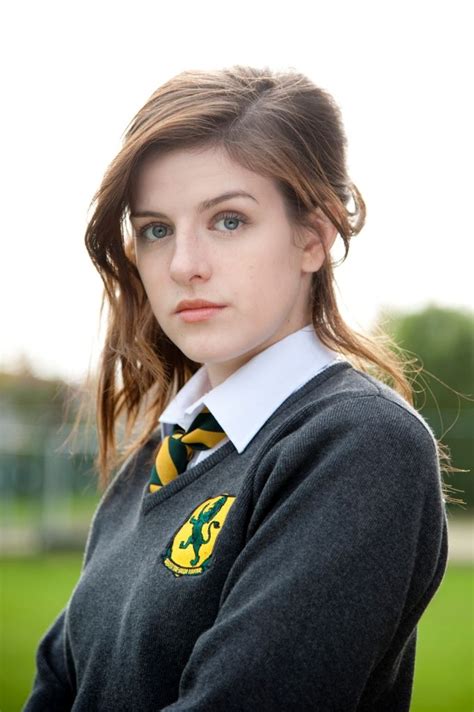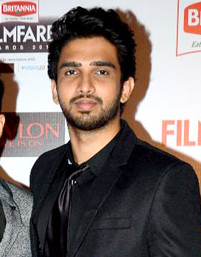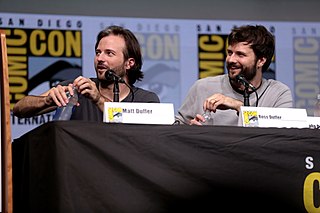A Quote by Edward Norton
When I think about directing a film, the thing that stops me short is wondering if I'm a natural at it the way I think you, and PTA, and Fincher are born directors. Maybe some people's talent is in understanding the ways that film communicates, without dialogue, without plot.
Related Quotes
I really hope that I can be as good as some people think I can be. But I may never work again... and that's the reality of the film industry. So, it's nice but I wouldn't want to go into something feeing like I needed to prove that I was good enough to be there. Maybe in some ways, it makes me think: "Do you know what? Some people think I'm alright, so maybe I should go into a job thinking I'm not rubbish." But I don't really think about it.
The hardest thing for a film actor, especially if you are in a lot of the film, is sustaining energy for the entire length of a production. It's quite tough. With acting, it's not the same as directing. Directors work the exact same hours; directing is incredibly exhausting. The only difference is that directors aren't required to have bursts of energy and focus. They're probably focused the entire day. Actors have this thing of "stop/start." That can be quite draining, actually.
I made some shorts that I'm not in. I think because I write so many short stories, it's not that hard to come up with characters that are not me. But my way into making movies has been through performing. My very first short film, I played a child and her own mother. So in some ways, to me, my great achievement so far is just that I've gotten all these other people to play the other parts. That's what makes it a real movie.
I don't think all comedy should be mindless. Have something that's thoughtful. Maybe some things are tongue-in-cheek; maybe some things are very direct. I like that people have to think about things. That excites me. Because if you say certain things, it starts a dialogue. Even if you disagree, it's still a dialogue.
We had this idea, and I think a lot of people did going in, that you can make some short film and it's going to get industry attention and that's going to be your thing. And it was only later on at school that we realized that's very rare that a short film is going to capture the attention of anyone.
To spend any time with someone who is among the top five film composers of the last 50 years is pure gold dust. I mean, not necessarily stylistically, because everyone is different in what their music sounds like, but the approach and how to look at a film, how to think about a film, how to decide what you want to do, how to think about characters, how to think about art, how to think about narrative, how to liaise with producers, how to liaise with directors.
I think that any time you are making a film you have to realize that the people you are talking with might be giving you misinformation. Sometimes it is factually incorrect and for that, it's important to me to check it out and not let things find their way into the film without being challenged, either by me, or by another character, or by evidence that you might see on screen.
I think film is a world of directors. Theater is a world of actors. Or, theater is for actors as cinema is for directors. I started in theater. Filming is as complete as directing film. In theater, you are there, you have a character, you have a play, you have a light, you have a set, you have an audience, and you're in control, and every night is different depending on you and the relationship with the other actors. It's as simple as that. So, you are given all the tools.




































